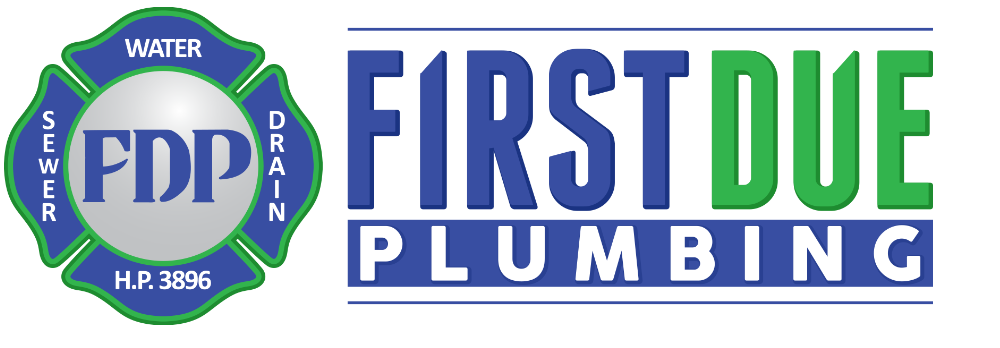Note that Disulfiram it is not a cure to alcoholism, and a full therapy must be used. If you or a loved one are struggling with alcohol or other drugs, call us now to speak with a Recovery Advocate. Alcohol proof is the amount of alcohol found in distilled spirits or liquor. Smaller drinks with a higher percentage of alcohol are stronger than the same size drink containing a lower-proof liquor.
Delay your drinking by 30 minutes.
Discover the power of a sobriety calculator in tracking recovery progress and inspiring change. Explore the crucial difference between alcohol use and alcoholism, understand signs, and find help. Establishing boundaries means a lot of things, such as refusing invites from well-meaning drinking buddies. Establishing boundaries also means being honest with yourself about your drinking. You can also take the lead in other ways by volunteering to host or inviting people to get togethers where alcohol isn’t center-stage or even present at all, says Young.
Important Things About Relapse
Remember, seeking professional help is a brave and important step towards a healthier and alcohol-free life. Patients who experience more severe alcohol withdrawal should receive pharmacotherapy to treat their symptoms and reduce their risk of seizures and delirium tremens. The medications with the best efficacy and safety are the benzodiazepines, which enhance the effect of the neurotransmitter GABA on the brain. Benzodiazepines can be administered in both fixed-schedule and symptom-triggered approaches depending on the patient’s severity of symptoms and risk factors. Unless a person has a serious health condition or has experienced severe withdrawals before, they may not need more than a supportive environment to help them through alcohol withdrawal.
Tapering Off Alcohol vs. Going Cold Turkey
On top of this, quitting immediately — or “cold turkey” as many users and professionals call it — can be dangerous. Withdrawal symptoms are generally uncomfortable to deal with, but they can be fatal. To avoid or reduce the impact of the withdrawal symptoms, people struggling with alcohol may choose to progressively taper off alcohol rather than quit abruptly. This depends on several factors, including how much alcohol you typically consume, how long you’ve been drinking, and your overall health. For some, the process might take a few days, while others may need several weeks to safely taper off alcohol. It’s important not to rush the process and to adjust your plan based on how your body responds.
- On the other hand, outpatient programs provide more flexibility and allow individuals to receive treatment while continuing to live at home.
- An alcohol taper can be effective in beginning recovery and help set a realistic goal for those not ready to quit alcohol completely, but they’re not for everyone.
- For example, when it comes to the ever-popular suggestion of first-date drinks, mention that you probably won’t be drinking—but that they should free to—before making set plans.
- If you do relapse, talk to your therapist or addiction treatment specialist who can help you quickly get back on track and prevent it from happening again.
- This reflection can unveil all the positive outcomes of quitting or reducing alcohol intake.
Empowering Student Opioid Addiction Rehab
Behind this moment is a series of conscious decisions and a commitment to understanding and mitigating the effects of alcohol on the brain and body. Let’s dive into the why and the how of reducing or quitting alcohol and the science behind it. Always consult a medical professional before starting any tapering schedule. Quitting alcohol can be extremely hard, especially without medical support. Further, mental health disorders like anxiety and depression are extremely common in those who struggle with drinking, and these disorders can make it even harder to stay sober. Direct tapering is not recommended for liquor drinkers as it is challenging to measure amounts and can result in binge drinking.
What to do After Alcohol Detox Treatment
Individual therapy sessions provide a safe space to explore personal challenges, develop healthier coping mechanisms, and work towards personal growth. Group therapy offers a supportive community where individuals can share experiences, gain insights from others, and build a network of peers who understand their struggles. Mild withdrawal symptoms may include anxiety, irritability, insomnia, and tremors. On the other hand, severe withdrawal symptoms can include hallucinations, seizures, and delirium tremens (DTs). Dealing with alcohol withdrawal is a challenging process, and it’s crucial to understand the potential severity of symptoms and the need for medical intervention. This is particularly true when the symptoms are severe and potentially life-threatening.
- This method can lessen withdrawal symptoms, allowing your body to adjust to decreased alcohol levels slowly.
- Consulting with a healthcare professional or addiction specialist can help determine the appropriate vitamin supplementation plan based on individual needs and health status.
- They may also prescribe medications to alleviate withdrawal symptoms and reduce cravings, if necessary.
- Ultimately, the decision between moderation and abstinence should be based on individual circumstances, preferences, and the advice of healthcare professionals.
- Alcohol can stay in your system for several hours depending on how much you drink.
What is Buvidal Used for in Addiction Disorder?
Tapering is a more cost-effective method of stopping alcohol use, especially for those who do not have healthcare insurance or the resources needed to get a professional detox. People who have successfully tapered from alcohol before may be especially likely Living in a Sober House: Fundamental Rules to benefit from this strategy. This helps you stay accountable and ensures that you’re following your tapering schedule. Tracking also allows you to notice any patterns that may lead to increased drinking, such as stress or social situations. Being aware of your consumption is an essential part of how to taper off alcohol successfully.
“Management of moderate and severe alcohol withdrawal syndromes.” September 15, 2023. Your insurance plan may cover some or all of the cost of treatment for drug or alcohol addiction. Our online health insurance verification system will estimate your in-network and out-of-network deductibles, coinsurance percentages and out-of-pocket maximums. Within 5 minutes, you’ll receive an email with these details – free of charge. Substitution involves replacing alcoholic beverages with non-alcoholic ones. This can help address the habitual aspect of drinking, like having a beverage in hand at social events without the alcohol content.
They can offer expert advice, monitor your progress, and provide personalized recommendations based on your specific needs. If you want to change your relationship with alcohol, it’s important to have an honest conversation with a doctor about your drinking habits before you start tapering off. They’ll be able to help you create a tapering schedule that won’t only raise your chance of success but https://northiowatoday.com/2025/01/27/sober-house-rules-what-you-should-know-before-moving-in/ also avoid severe symptoms. For a more structured approach, various professional resources are available for alcohol dependency treatment.
You should always seek medical advice before attempting any kind of alcohol withdrawal. People with moderate to severe alcohol addiction may find an alcohol taper difficult to accomplish. If you have trouble controlling how much you drink or experience significant alcohol cravings, you may need professional help instead of trying to taper your alcohol use at home. Educate yourself on potential withdrawal symptoms and have a support system in place.


